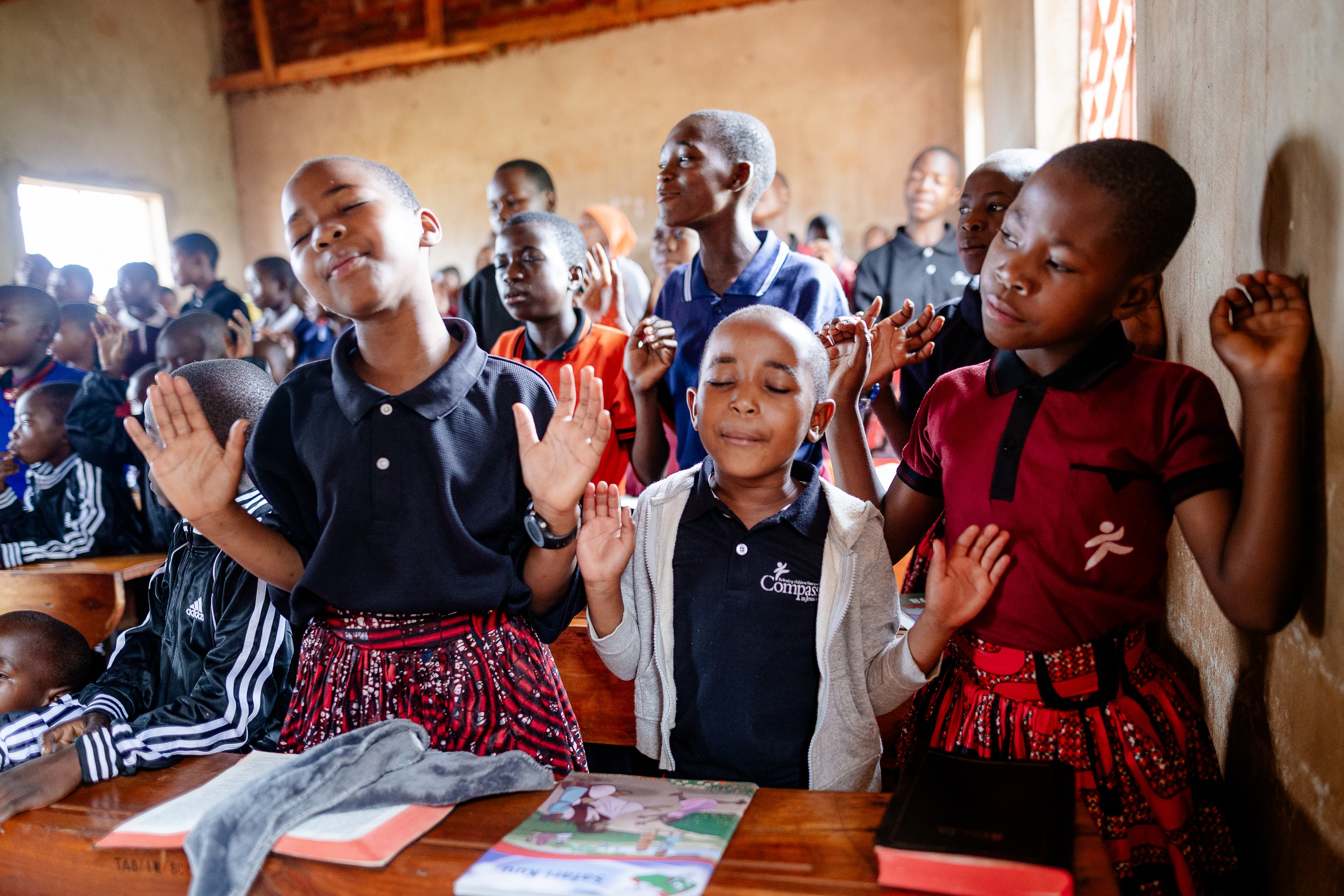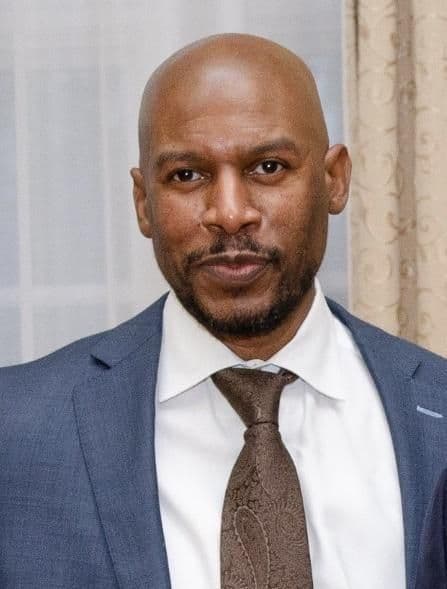
God's Church Will Change the World
At Compassion, we believe in the power of the local church to bring the hope of Jesus to a broken world. We partner with more than 10,000 frontline churches to release children from poverty in Jesus’ name. We look to church leaders like you to walk with us in this vital kingdom work.
What first step can you take today? How can you start a generosity conversation in your church? We created a free resource with three practical ways to help.
Take the first step and download your free guide: 3 Practical Ways to Unlock Generosity in Your Church.
A Global Church Movement
Compassion is not just an organization. It is a movement of churches bringing the love of Christ to those in need. Our mission is built on a three-strand strategy:

Your Church's Impact
Every church, no matter the size, can make an impact for the kingdom. But this is more than an external impact. We know that when we step out in generosity, God grows our faith. He can do abundantly more than we could imagine with our gifts, and we know you want your church to experience that faithfulness.
Together we can change the world – starting inside the walls of your church and beyond.
Share your contact details, and we’ll explore what partnership could look like.
Hear From Pastors
See what our partners are saying about their relationship with Compassion.
“Compassion has been a great friend in helping us to serve the Lord in a more effective way. I see Compassion as an on-ramp; it’s given us an opportunity share the importance of sharing with others and increasing our capacity as a church to love and look beyond our own selves. When we look at where God has brought us, it’s amazing to me what He has done. ”

“Through Compassion, we have this opportunity to go. They’re developing the church, leaders… I believe all the sponsored kids allow us to plant the gospel where the church could not otherwise go. We have a mission as a church, and that mission is to take the gospel to the ends of the world. I believe Compassion makes the gospel visible to those who don’t yet believe. And that’s what we want: for people to know Jesus. ”

“Compassion became a catalyst for the members of our congregation to want to make a difference in the world. We are sponsoring hundreds of children across the world and this partnership elevated our congregation’s awareness of our need to look outside of ourselves. And for that, I’m very, very grateful. ”

Frequently Asked Questions
Learn more about how your church can partner with Compassion and help release children from poverty.
Child development through Compassion centers on the individual child. Each child receives whole-life care that is personal, individualized, relational and tailored to the child’s age, gender, health, culture and family situation. Sponsorship is one child to one sponsor, and programs are delivered exclusively through indigenous, gospel-centered church partners.